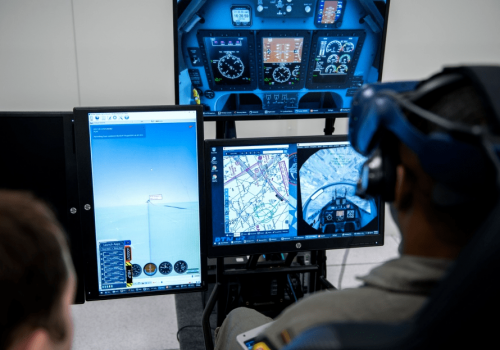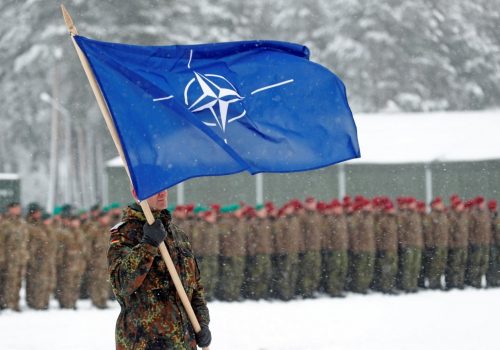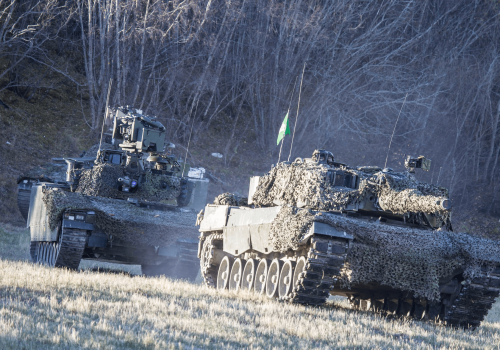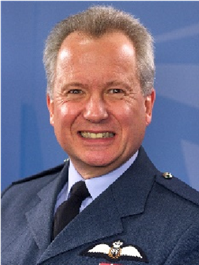‘Game out’ decision making: NATO 20/2020 podcast
In an era where the distinction between peace and conflict is increasingly complex, NATO should retain its competitive advantage by using synthetic environments and virtual worlds to support rapid, efficient and effective strategic decision making.
About this episode
with Air Marshal Sir Christopher Harper, KBE, RAF (Ret.)
As the world reenters an era of great power competition, many of the geopolitical and ideological certainties that lend NATO its sense of purpose are dissolving. However, the Western democratic values on which the Alliance was founded, on which its success has been built, and from which it continues to derive its moral authority, endure. The principles of consensus and mutually assured security are as important as ever.
As challenges proliferate, one of the greatest threats to NATO could be a lack of confidence—not in the organization’s central purpose or relevance, but in its ability to succeed in an increasingly fluid, fast-moving, and ambiguous world.
Watch the video
Key takeaways
- 1:52: Sir Christopher sums up the essence of his recommendation and how we can use the available technology to harness complexity
- 2:39: Sir Christopher talks about the importance of agility and speed and the reason why NATO could fail if it lacks this
- 3:37: Sir Christopher also speaks of distributed computation and the ability to use it so as to create a virtual world
- 5:23: Sir Christopher explains what a Single Synthetic Environment is
- 7:47: Sir Christopher talks about how a Single Synthetic Environment would work practically in NATO’s sphere of control
- 9:57: Sir Christopher also talks about the impact that NATO could experience if it made the consensus building process for decision making easier than it currently is
- 12:48: Sir Christopher encourages NATO to have a different approach to visualizing crises and conflicts below and above the classic threshold, as they’re occurring
- 14:46: Sir Christopher suggests how to find ways to protect data, rather than data transmitting
- 18:03: Sir Christopher talks about the use of technology in NATO, why it is important, and how it promotes human imagination and experience
- 21:16: Sir Christopher speaks of how his model helps analyze the best course of action to take when faced with a crisis
- 24:12: Sir Christopher explains how synthetic environments could be extremely useful to Alliance decision making
Read the essay
Explore the podcast series
Related NATO 20/2020 essays
Related expert
Related program

The Transatlantic Security Initiative, in the Scowcroft Center for Strategy and Security, shapes and influences the debate on the greatest security challenges facing the North Atlantic Alliance and its key partners.







